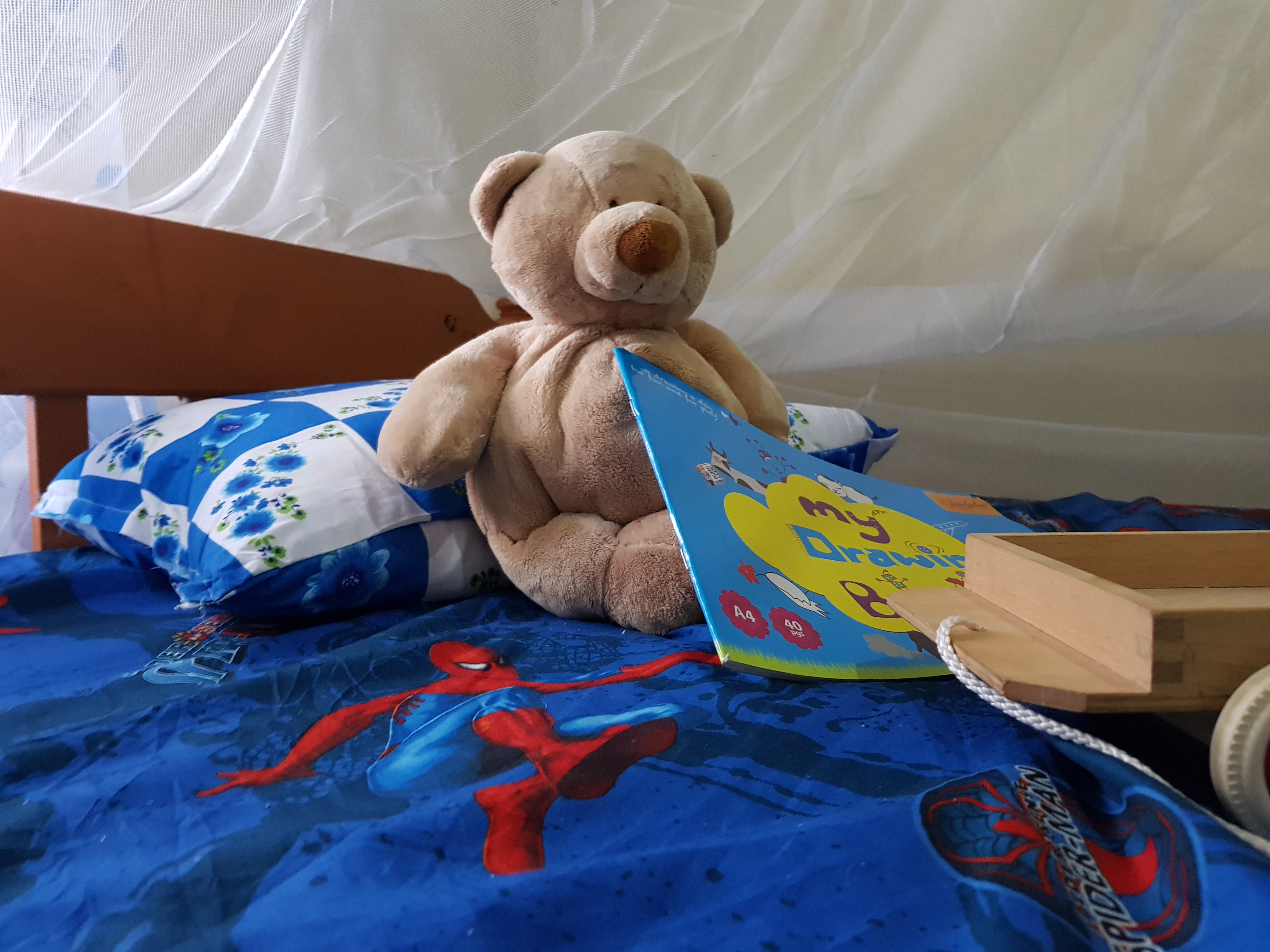Why we are building community-based foster care in Kenya
All children deserve and have the right to grow up in loving and secure families. Unfortunately, many children in Kenya continue to live in Charitable Children’s Institutions (CCIs), sometimes called orphanages or children’s homes. While the first priority is for children living in institutions to be reunified with and cared for by their parents, children sometimes need alternative forms of care such as kinship care or foster care until they can be reunified with their families or placed in suitable permanent family-based arrangements.

Working to help children living in orphanages reunify with families requires robust alternative care arrangements to properly and safely return children home. Working with local communities, Stahili commenced its work in 2015 to establish foster care arrangements for children who could not be reunified with their immediate families or who required transitional care.
According to the Guidelines for the Alternative Family Care of Children in Kenya, which are based on the United Nations Guidelines for the Alternative Family Care of Children, foster care is “the placement of a child with a person who is not the child’s parent, relative, or guardian and who is willing to undertake the care and maintenance of that child”.
While this form of care is also expressly provided for in Kenyan law, in practice Kenya does not have a robust formal foster care system, as the Guidelines acknowledge. However, “the practice of informal foster care is very common in Kenya and practised in both emergency and non-emergency situations”, even though the number of children in such informal placements is unknown. Other forms of informal alternative care, such as kinship care and kafaalah, are also widely practised in Kenya.
When administered appropriately as part of a holistic approach that prioritises prevention and family support, foster care is internationally recognised as a potential solution for children without parental care as it allows them to live in a family environment. The UN Guidelines on the Alternative Care of Children urge states to devise systems for promoting foster care, including the training and accreditation of foster carers in each locality. Among other benefits, foster care ensures that the community reduces its reliance on residential care, like orphanages. Unfortunately, in Kenya residential care often continues to be used as a form of long-term care for children when it ought to be a last resort.
Working together with local chiefs and the Department of Children’s Services, Stahili has established emergency foster care by pre-selecting, vetting, and training emergency foster care parents who provide care to children when they need it — for a few days, weeks, or months. And we also provide support throughout the placements. The programme provides children with access to counselling, education support, health evaluation and services, clothing, food, and any other services that each child needs.
While some people suggest that the process of foster care placement is long and tedious, our experience in Murang’a county has proven the opposite. Working together with the government and local community, we have placed children in appropriate, safe and nurturing foster care arrangements as a transition to returning them to their families.
As Kenya embarks on transforming the way it cares for children and moves away from institutional care, foster care will become a crucial part of the continuum of care. We have shown in our work that it is possible to build strong and safe foster care structures with the support of local communities for the betterment of Kenya’s children. It is our hope that amendments to the Children’s Act are made with the view to strengthening the system.